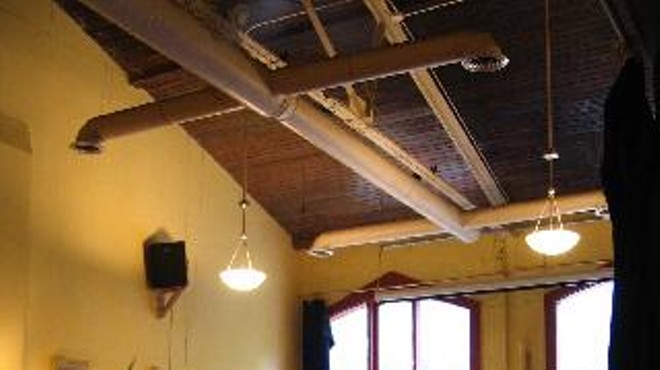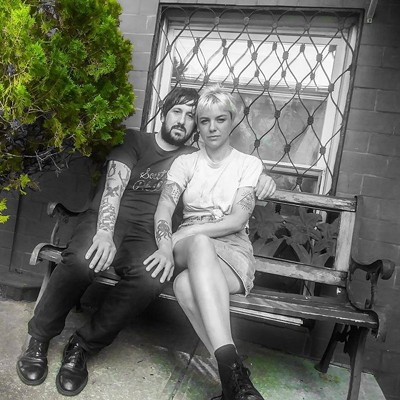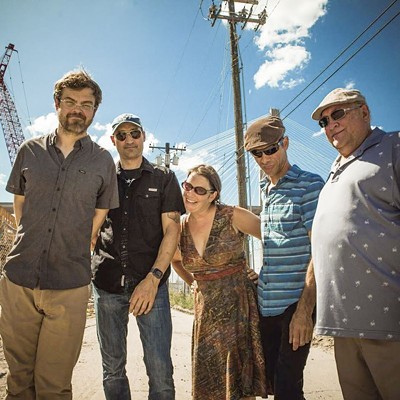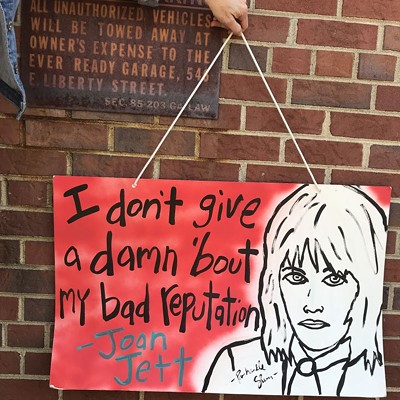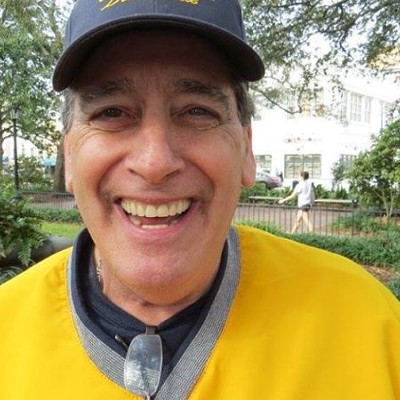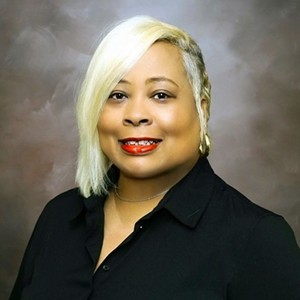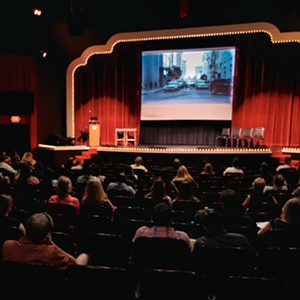ALBERT EINSTEIN reportedly once said, "If I had an hour to solve a problem, I’d spend 55 minutes thinking about the problem and five minutes thinking about solutions."
Now, I am no Einstein. And like most working adults, I don’t have an hour to think about my problems, especially when they happen at once.
I mean, when the fridge is empty and the water heater craps out and the dog pukes on the carpet all in the same morning, you don’t have the luxury of meditating calmly on the nuances of your cold shower and whether that wet, orange pile is the missing guinea pig or a regurgitated sock. You just make mustard-and-cheese sandwiches and use up the last of the paper towels and carry on, praying that you’ll find the guinea pig chillaxing with the other sock behind the water heater.
When it comes to Savannah’s top issues—can we agree on crime, poverty and pollen?—Einstein’s theory of thorough examination might not be realistic either.
That’s not to say mulling things over isn’t valuable: You can’t solve what you can’t understand, and identifying the root causes of a problem is most likely to yield the simplest, most sustainable outcomes.But we’ve been gathering data and details about crime and poverty around here for decades. Taking Einstein’s relativity into account, our 55 minutes are long up, and it’s time to turn our pollen-sprinkled faces to active solutions. (Just try the neti pot already!)
How we change the world in the next five minutes begins with shifting our focus from what’s wrong to what’s possible. That’s the philosophy behind Asset-Based Community Development, a strategy that identifies the strengths, skills and resources of a neighborhood and empowers its citizens to create positive change.
The brainchild of renowned social scientist and author John McKnight, ABCD has been applied to dozens of communities around the country, many of them once stuck in the cycles of unemployment and violence that plague so many Savannahians. McKnight, along with his colleagues at the ABCD Institute Northwestern University, has spent the last half century examining the road maps to success.
Lucky us, he’ll be here next week to point the way, hosted by Emergent Savannah at the Sentient Bean on Thursday, March 31 and by Litway Missionary Baptist Church on Shell Road Sunday, April 3.
“It starts with asking the question, ‘what do we have here that can be used to make things better?’” says this guru of nitty-gritty urban solutions.
He cites the Bethel New Life neighborhood in Chicago as a prime example. The riots of the late 1960s left this once thriving industrial community an economic and environmental disaster zone, riddled with drug houses and toxic chemical sites. McKnight was there as the neighborhood association sifted through the literal and figurative detritus, holding the space as residents created a recycling program for abandoned materials, became trained in how to clear the poisoned “brown fields” and developed a senior care facility to help its impoverished elderly. Not only did these efforts solve immediate problems, they generated a self-sustaining local economy that attracted businesses back to the area and continues to thrive today.
Any short drive through the west and east sides of the city shows that we have plenty of potential sites for dramatic transformation in Savannah. But McKnight asserts that the real wealth in these neighborhoods is in its citizens, and that every household holds a “rich treasure chest” of contributions when people can shift their identities from passive consumers to the producers of their own well-being.
“Increasingly, people in low-income neighborhoods have come to see the limits of outside institutions,” says McKnight. “The very nature of today’s economy has led a lot people to conclude, ‘if not us, then who?’”
While Bethel New Life’s story might seem dauntingly out of reach, McKnight emphasizes that small skills like gardening and babysitting build important foundations: “When you understand what assets you have in your own neighborhood, you can mobilize them. Then you determine what kinds of help you need from outside.”
That kind of empowerment can surely have a marked effect on the city’s poverty rate, which has stubbornly hovered between 26 and 28 percent over the last decade in spite of the dogged work of Step Up Savannah. Last fall’s city election prompted renewed discussions about our collective responsibility towards its reduction, and McKnight’s visit adds to the momentum.
“Our community is in a very positive place right now, we have a lot of fresh, young energy,” says Step Up’s executive director Suzanne Donovan.
“It’s an opportune time to bring in someone with the depth of knowledge who can help us think more creatively about what more we can do.”
McKnight promises that it’s not rocket science, or even theoretical physics. After spending time with thousands of people all over the country, he and his ABCD cohorts have found that the solutions to our most pressing social ills lie in the task of connecting people in meaningful ways that shape the future.
“Our research is no silver bullet,” he admonishes. “What we know is what people can achieve when they mobilize their resources.”
If you’re wondering what that might look like, head down to Starland on this Friday, April 1, where Art Rise Savannah and the Savannah Development and Renewal Authority are taking over the block as part of the 50th First Friday Art March. Traffic will be shut down on Bull Street from 41st to Maupas Ave. to make room for a colorful cavalcade of pop-up shops, food trucks, guerrilla theater and live music from some of our most dynamic dwellers.
Dozens of volunteers have helped clean up broken glass and paint signs to activate over 30,000 square feet of previously unliberated public space.
But be clear: This is not just a party, it’s a demonstration—in both the pragmatic and provocative sense. Inspired by the national Better Block program that uses temporary “interventions” to change and invigorate neglected urban spaces, Friday’s cheerful act of civil disobedience is a template for the rest of Savannah’s neighborhoods to dream/drum up their own cottage industries and creative solutions.
With mad respect to Uncle Albert, we’ve spent enough time pondering our problems. We’re a smart, diverse community with all kinds of skills and treasures to share, so let’s get down to the business of excavating them and putting them to use.
Which reminds me: What I thought was an empty fridge actually yielded enough still-edible veggies to make a chopped salad, which apparently lured the guinea pig out from his hiding place. See? When we focus on what we have, things sometimes tend to solve themselves.


